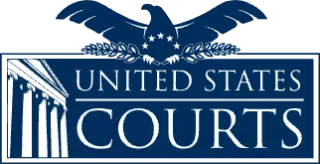Page Not Accessible
Our site is experiencing technical difficulties. We anticipate the site will be back and running soon. We apologize for the inconvenience and thank you for your patience.
This site is maintained by the Administrative Office of the U.S. Courts on behalf of the Federal Judiciary.
Error code 3
